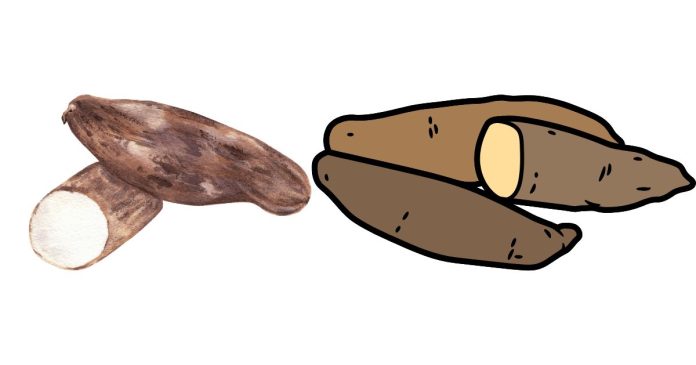For those who knit, crochet, or enjoy other fiber arts, choosing the right yarn is crucial. Yarn comes in a dizzying array of types, textures, and materials, and each has its own unique properties that can greatly impact your project. Whether you’re making a cozy scarf, a lightweight shawl, or an intricate amigurumi, understanding the available options will help you pick the perfect yarn. Let’s explore the wide world of yarn!
1. Yarn by Fiber Type
Yarns are made from various fibers, each with distinct characteristics that influence the texture, warmth, and durability of your finished project.
Natural Fibers
- Wool: Warm, elastic, and durable, wool is ideal for winter garments. Variations include:
- Merino Wool: Soft and luxurious, great for garments worn close to the skin.
- Alpaca Wool: Warmer and softer than standard wool, with a silky sheen.
- Cashmere: A premium option known for its softness, though it’s less durable.
- Cotton: Lightweight and breathable, cotton is perfect for summer projects and home decor like dishcloths.
- Silk: A luxurious fiber with a smooth texture and beautiful sheen, often blended with other fibers for strength.
- Linen: Strong and durable, linen creates a crisp texture that softens with wear.
Synthetic Fibers
- Acrylic: Affordable, lightweight, and easy to care for, acrylic yarn is versatile and available in a wide range of colors.
- Polyester: Often blended with other fibers, polyester adds durability and is commonly used for novelty yarns.
- Nylon: Frequently blended into yarns for strength and elasticity, ideal for socks and other high-wear items.
Blended Fibers
Blends combine the best qualities of different fibers. For example, a wool-acrylic blend offers warmth and durability, while a silk-wool blend adds softness and shine.
2. Yarn by Weight
Yarn weight refers to the thickness of the yarn, which determines the size of your stitches and the overall look of your project. Standard yarn weights include:
- Lace Weight: Very fine and delicate, perfect for intricate shawls and doilies.
- Fingering Weight: Lightweight and ideal for socks, baby clothes, and lightweight garments.
- Sport Weight: Slightly thicker than fingering, often used for lightweight sweaters and accessories.
- DK (Double Knitting) Weight: A versatile middleweight yarn suitable for a wide range of projects, including sweaters and blankets.
- Worsted Weight: One of the most popular weights, used for everything from scarves to sweaters.
- Bulky Weight: Thick yarn that works up quickly, perfect for cozy hats, scarves, and blankets.
- Super Bulky Weight: Extra-thick yarn that creates bold, chunky stitches, great for fast projects like oversized scarves and throws.
3. Specialty Yarns
If you want to add unique textures or effects to your projects, consider specialty yarns:
- Novelty Yarns: Includes options like eyelash yarn, metallic yarn, or ribbon yarn, which add unique textures.
- Gradient Yarns: These yarns change color gradually, creating stunning effects in shawls and garments.
- Hand-Dyed Yarns: Dyed in small batches, these yarns often feature vibrant and unique colorways.
- Self-Striping Yarns: Automatically create stripes or patterns as you work, perfect for socks and hats.
4. Choosing the Right Yarn for Your Project
When selecting yarn, consider the following factors:
- Project Type: Different projects require different fibers and weights. For example, a lace shawl works best with lightweight yarns, while a chunky blanket requires bulky or super bulky yarn.
- Durability: Items like socks or dishcloths need sturdy yarns, such as blends with nylon or polyester.
- Allergies: Some people are sensitive to wool or other animal fibers. In these cases, consider cotton, bamboo, or synthetic options.
- Care Instructions: Think about how the item will be used. Acrylic and cotton are machine washable, while wool and silk often require hand washing.
Popular Yarn Brands to Explore
- Natural Fiber Brands: Malabrigo, Cascade Yarns, Rowan.
- Affordable Options: Red Heart, Caron, Lion Brand.
- Luxury Yarns: Madelinetosh, Blue Sky Fibers, Hedgehog Fibres.
- Eco-Friendly Yarns: Berroco Remix, BC Garn, Quince & Co.
The world of yarn is as diverse as the projects you can create with it. From natural to synthetic fibers, lightweight to chunky, and plain to specialty, there’s a yarn out there for every crafting need. By understanding your options and matching the yarn to your project, you’ll ensure a finished piece that’s both beautiful and functional. Happy crafting!


